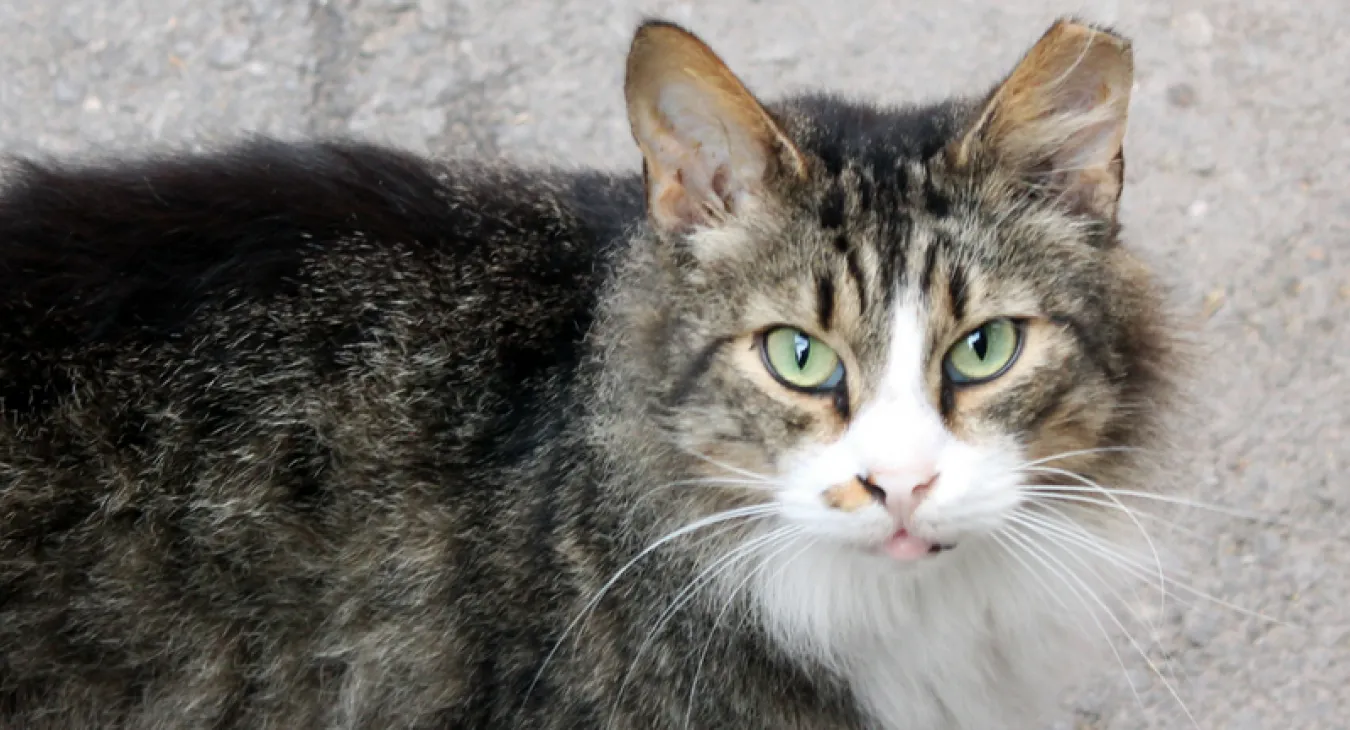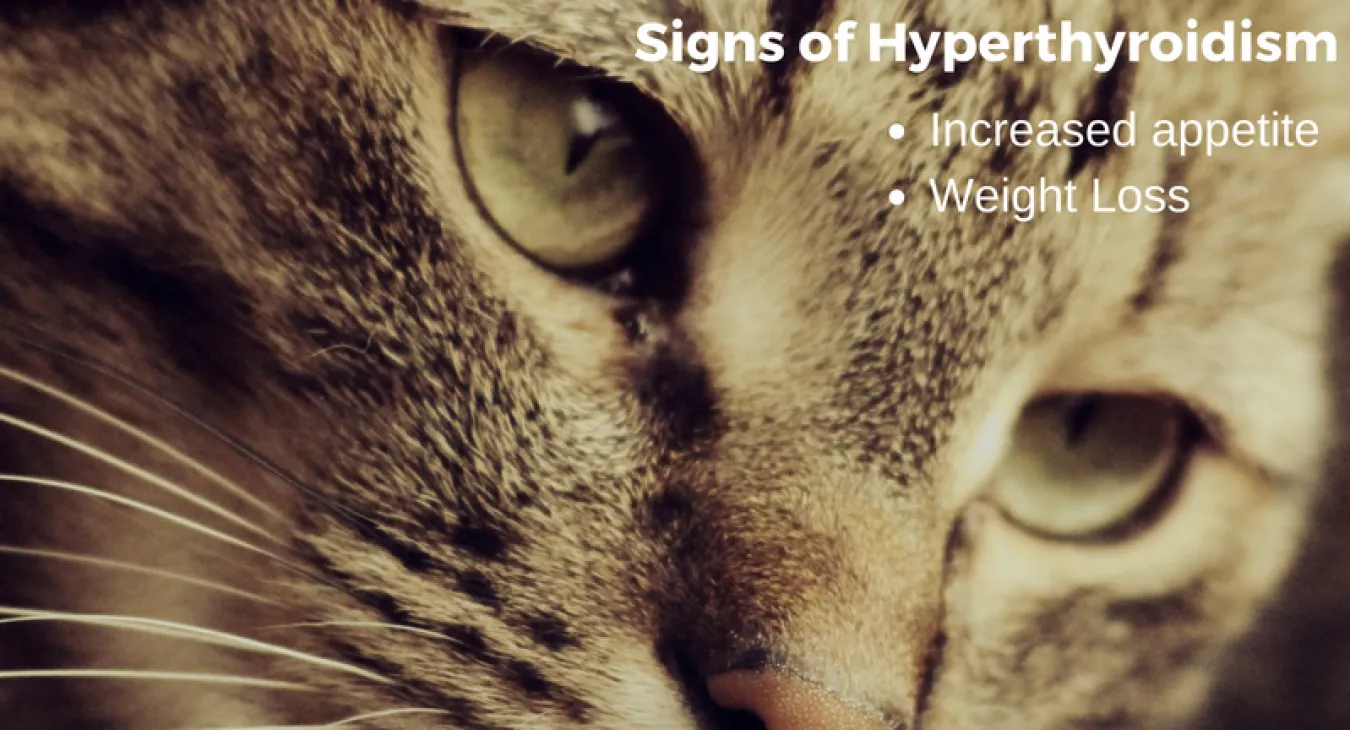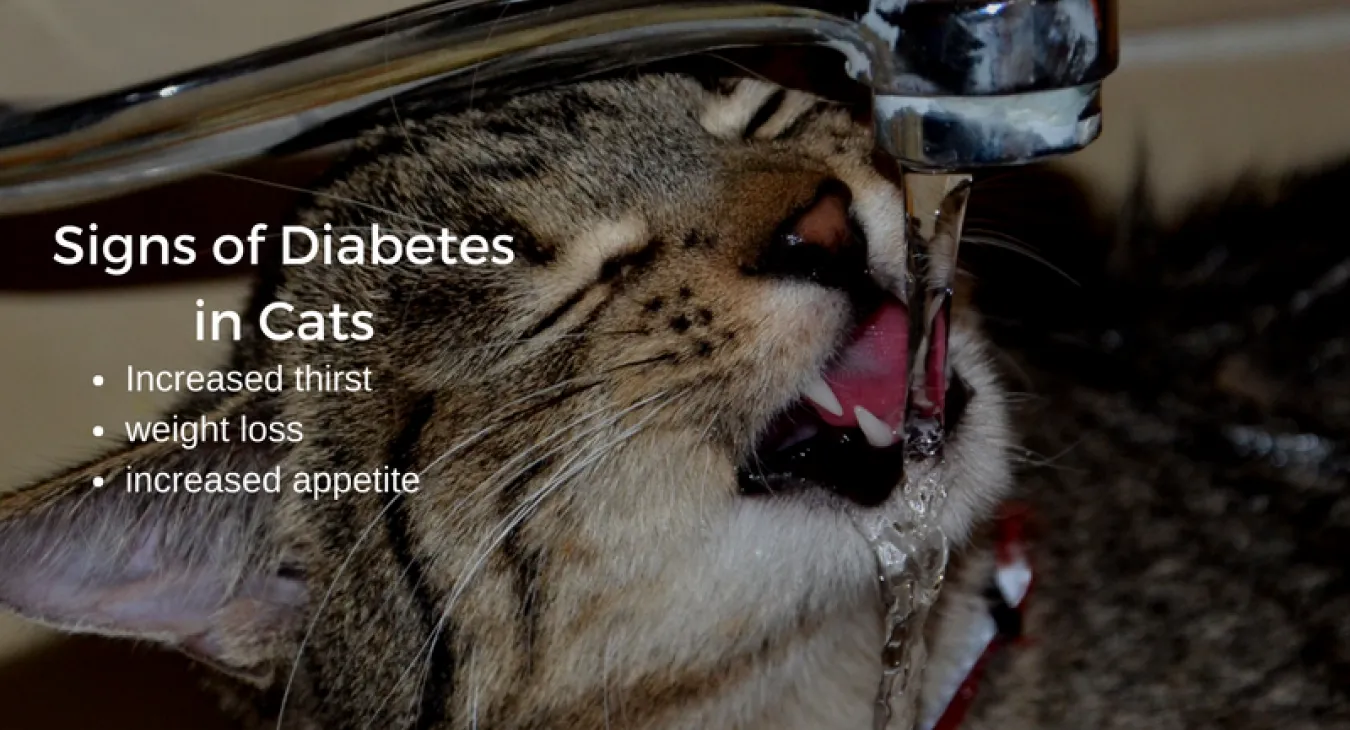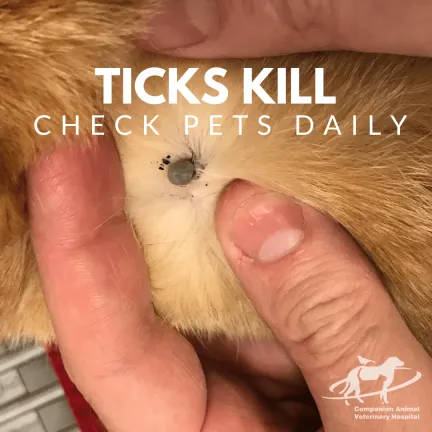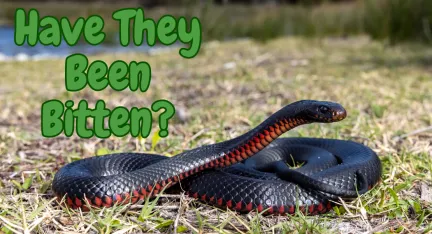Most of us have seen an older cat, often with an unkempt coat, that has gone from a previously healthy individual to a thin, bony animal in the space of a few months. While there are any number of reasons a cat can lose weight, there a 3 specific conditions that we often see in older cats:
- Chronic Kidney Disease
- Diabetes
- Hyperthyroidism
Chronic Kidney Disease
Chronic Kidney Disease (CKD) is the progressive and permanent loss of kidney function over time. Kidneys perform a number of essential functions and their loss results in a variety of health problems for your cat.
Kidneys filter the blood of breakdown products and toxins. Damaged kidneys fail to do this adequately, resulting in signs of lethargy, nausea, reduced appetite and weight loss. Conversely, proteins may be lost in the urine, further contributing to weight and appetite loss.
Kidneys are also involved in blood production, so damage may result in pale gums and weakness caused by low red blood cell numbers. Increased drinking and urination is often seen in affected cats as their kidneys lose the ability to conserve water, while blood pressure is often raised causing damage to various organs.
Diagnosing CKD is done by a combination of blood and urine tests. These tests may need to be repeated to confirm the diagnosis and monitor progress.
The cornerstone of treatment is dietary modification, specifically changing to one that is tailored to the specific needs of cat with CKD. It can be difficult to change the diet once cats are feeling unwell, so it is best to change as soon as possible and to closely manage a slow transition to the new food. Medication may be used to deal with high blood pressure and urine protein loss.
Diabetes
Diabetes is the inability or reduced ability of the body to use blood glucose for energy. This can happen because insulin (an essential hormone involved in the process) is not being produced - Type 1 Diabetes, or because the body doesn’t recognise the messages that insulin delivers - Type 2 Diabetes. Either way, the body isn’t able to use the energy from food, so it uses it’s own reserves to run the body so affected cats will be hungry but will continue to lose weight.
This process will eventually lead to the buildup of acid in the blood, resulting in life threatening Ketoacidosis.
Signs your cat could have diabetes
Other than weight loss, increased drinking and urinating are also a feature of diabetes. The high levels of circulating glucose spill into the urine, drawing more water into the bladder. Some affected cats will experience nerve damage, resulting in weakness and a changed walk.
Diagnosis of Diabetes in Cats
Diagnosis of Diabetes is made with a combination of physical signs, blood and urine tests. These test may need to be repeated to confirm the diagnosis and monitor treatment.
Treatment
Treatment is a combination of insulin therapy and dietary management. While injections can be daunting initially, for many cat and their owners it becomes a routine part of the day. Feeding involves specific diets that better regulate blood glucose fluctuations and maintain an ideal body weight.
Expected Outcome
Many diabetic cats live for many years after diagnosis. Regular check ups and close monitoring at home will help achieve the best quality of life for diabetic cats.
Hyperthyroidism
Hyperthyroidism is the overproduction of the thyroid hormones T3 and T4 from the thyroid glands. It is usually caused by a non-cancerous tumor of the gland, the cause of these tumors are not known but environmental and dietary factors may play a role.
Thyroid hormones influence many of the bodies organs so the effects of overproduction are felt throughout the body.
The signs
Initially the signs are subtle but progress over time. Affected cats:
- lose weight
- have increased appetites and
- drink and urinate more
- Vomiting and diarrhoea are often seen
- coats may be unkempt and
- agitation and hyperactivity are also a feature for many affected cats.
- Internally the heart is over stimulated, leading to enlargement and
- the blood pressure is often elevated which causes damage to many organs.
Diagnosis is by a combination of physical exam findings and blood tests. Most cat will have high levels of T4 in the blood, however a small percentage have a normal T4 and require additional test for confirmation. Blood test are often repeated for monitoring treatment and are also useful to identify the health of other organs in the body (like the kidneys) that may have been damaged by the high blood pressure.
Treatment for hyperthyroidism is either, daily medication, surgery, radioactive Iodine or dietary. The pros and cons of these treatments are best discussed with your vet.
The prognosis for this condition is generally good, however the damage caused by high blood pressure may not be reversible and may compromise recovery in some cats. Early diagnosis and treatment are therefore likely to result in better outcomes
Read more articles
- Log in to post comments

